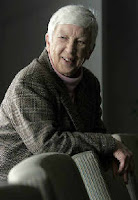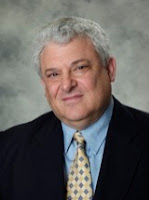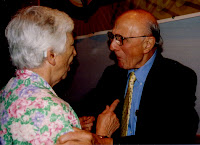
Rosemary Flanigan
February 12, 2010
The recent issue of the
Hastings Center Report has a
case study, the content of which surprised me. And then I knew that, if I offered it to you,, I would learn a lot. So here it is:
Samantha is a pale and withdrawn fourteen-year-old brought to the ER by her mother. She is fatigued, nauseated, and has been vomiting. Her mother tells the physician on call that she’s very worried; Samantha lately refuses to eat, has lost weight, has stopped going to soccer practice, and has missed several days of school.
The doctor examines Samantha and then asks if she may speak to her alone. Samantha and her mother agree; her mother leaves the room.
In response to the doctor’s questions, Samantha says that she first menstruated at age eleven, that her periods have been regular, and that she last had one four weeks ago. When the doctor asks whether she is sexually active, she admits that she had her first sexual contact right before her last period. She says it was consensual and that her partner used a condom.
She says she knows she’s not pregnant—she took a home pregnancy test the day before, and the results were negative.
The doctor asks if she can test Samantha again, and Samantha starts to cry. “I already told you, the test said I’m not,” she says. "I’m not pregnant!”
The question for us, of course, is whether or not the physician, who strongly suspects pregnancy, can test again as part of her workup.
And I shall argue (remember, it’s been a long time since I was 14) that if the physician fears the young woman will walk out of the ER without any tests, then the physician should talk fast about the need for blood tests to check for diabetes and a urine test to check for an infection.
Of course, the tests will also make clear whether or not she is pregnant (won’t they?) But I would risk not getting explicit informed consent if I could get consent for the other tests. It’s not ideal, but I can justify it.
Am I going to be lambasted??????? HELP!!!
Labels: informed consent; medical ethics; bioethics
 Rosemary Flanigan
Rosemary Flanigan












